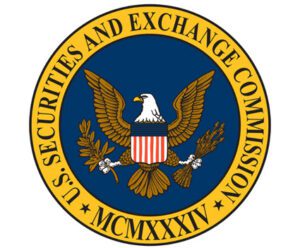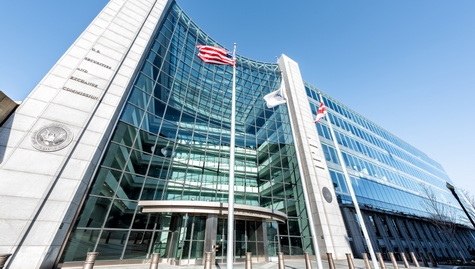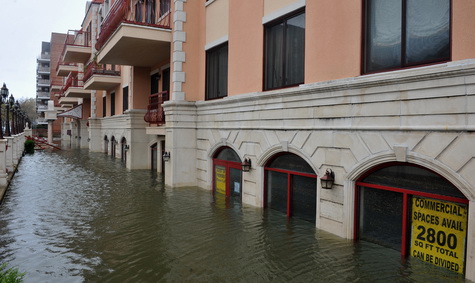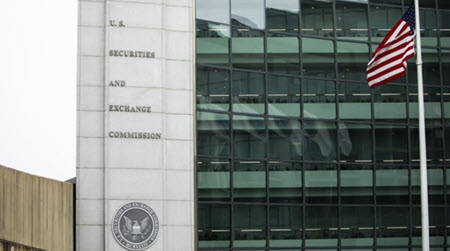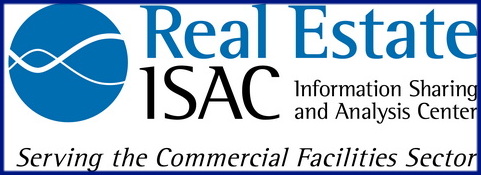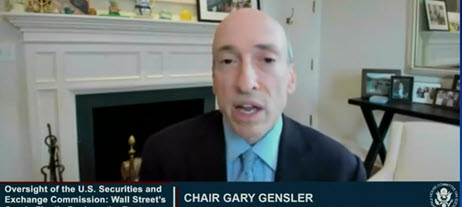The Roundtable and a diverse group of 25 trade associations this week wrote to Securities and Exchange Commission (SEC) Chair Gary Gensler to oppose a proposed Safeguarding Advisory Client Rule—in its current form—and explain the negative impacts it would have on investors, including their access to various services, assets, and markets with well-established rules and procedures. (Coalition letter, Sept. 12)
Inconsistent and Duplicative
- The coalition letter notes how the proposal creates requirements that are inconsistent with certain recent or preexisting Commission requirements—and duplicative of, existing safeguards enforced by the Commodity Futures Trading Commission (CFTC), federal banking agencies, and state insurance regulators.
- The letter emphasizes that substantial, material flaws in core elements of the proposal require changes that would make the proposal no longer meaningful in its current form. The letter states, “Should the Commission decide to make such changes and move forward with rulemaking, we strongly recommend withdrawing and re-proposing the [Safeguarding Advisory Client Rule].”
- The Commission acknowledged this fact on August 23, 2023, when it re-opened the comment period on the proposal to give the public 60 days to provide additional feedback in light of separate final rules adopted by the SEC regarding the regulation of private fund advisers. (SEC news release, proposed rule, fact sheet, and comments received)
- The proposal’s range of new custodial requirements would create significant operational and practical challenges to the custody of real estate, even though these assets cannot be misappropriated and are easily tracked by deeds and mortgages recorded by municipalities. These challenges would materially inhibit adviser clients’ access to investment strategies relating to real estate, compounding the pressures that high interest rates and vacancies are placing on commercial and residential markets.
Policymaker Pushback
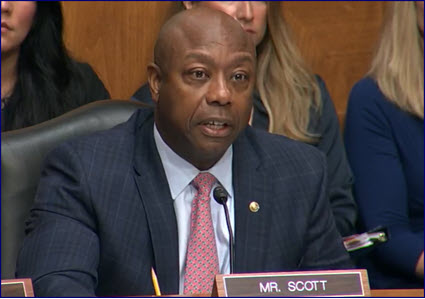
- During a Senate Banking Committee hearing this week, Ranking Member Tim Scott (R-SC), above, questioned Gensler about the proposal. Sen. Scott noted in his opening statement that the SEC has put forward 47 proposals and adopted 22 of them in the first several months of Gensler’s leadership, not allowing a reasonable amount of time for the public to provide input on proposed rules and for the widespread impact and confuse on created by agency’s proposed rules.
- During Q&A with Gensler, Sen. Scott stated “…your proposed revisions to the current rules for safeguarding are so overreaching, you’ve placed your fellow regulators at the CFTC, the Fed and Treasury between a rock and a hard place. These proposals and rule makings will have a tremendous effect on our capital market system. Yet under your leadership, the SEC has failed to conduct thorough cost benefit analysis, much less look at the overall impacts of these proposal and has limited the time the public can have—the time to analyze and then comment on these rules and the proposals.” (CQ transcripts)
- In the House, Rep. Patrick McHenry (R-NC), chairman of the House Financial Services Committee, announced this week that its Capital Markets Subcommittee will hold a hearing on “Oversight of the SEC’s Division of Investment Management” on Sept. 19.
The Roundtable’s Real Estate Capital Policy Advisory Committee (RECPAC) established a Custody Rule Working Group, which is working on comments about the SEC proposal that are due October 30. The working group also plans to meet with the SEC’s Division of Investment Management.



